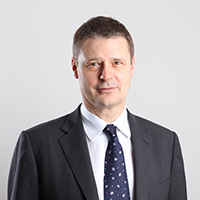 Journal of Investigative Cardiology
Journal of Investigative Cardiology
 Gordon A. Ewy
Gordon A. Ewy
Gordon A. Ewy, MD, is professor emeritus of medicine (cardiology) and director emeritus of the Sarver Heart Center at the University Of Arizona College of Medicine.
 Ian Wilcox
Ian Wilcox
Professor
Our articles most useful